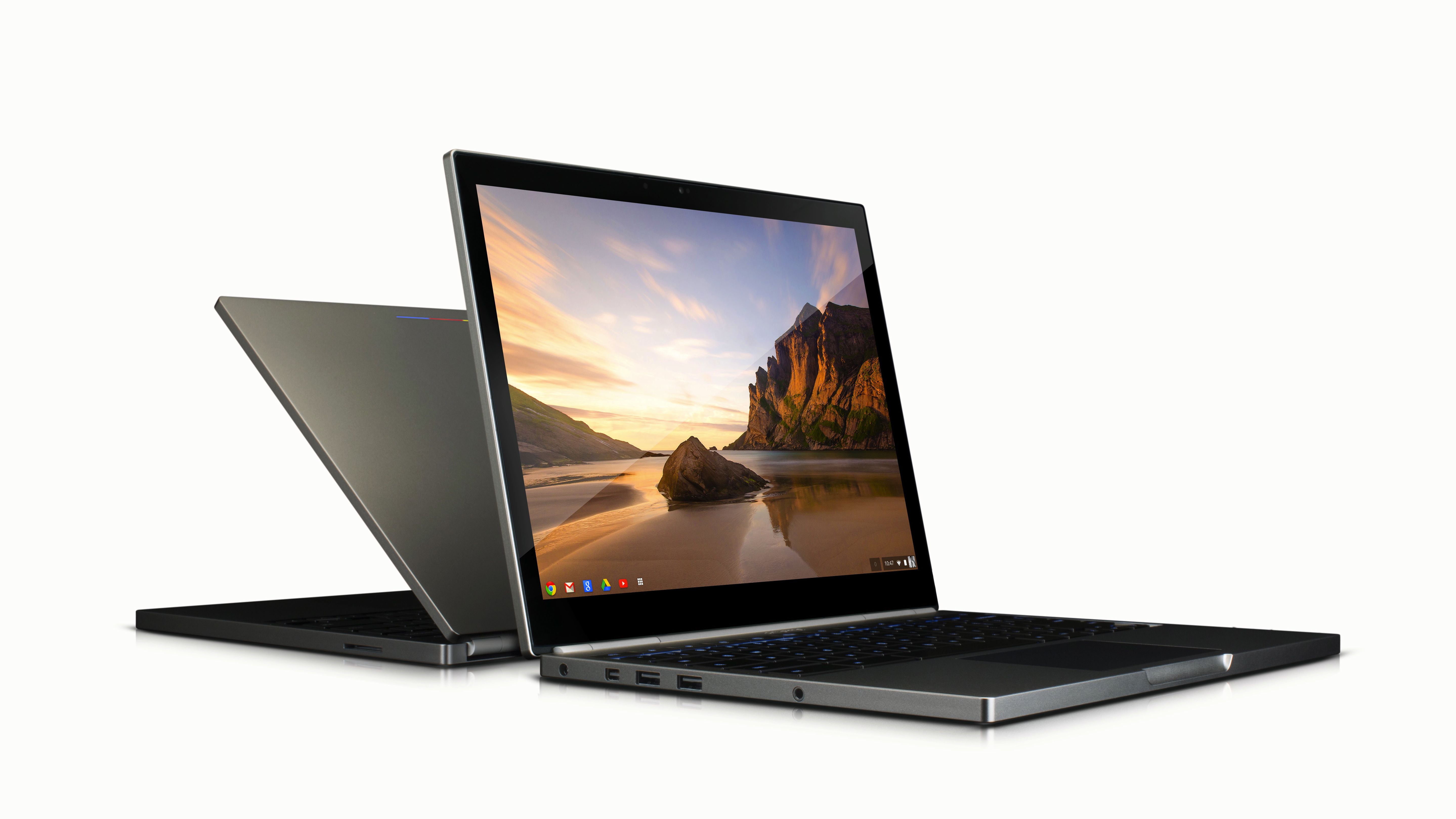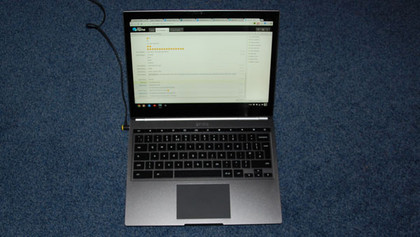The Chromebook Pixel is like using a Formula One car for the school run
Impractical, ridiculous, expensive - and lots of fun

I've rarely been quite so immediately taken with a piece of technology as I have been with the Chromebook Pixel.
The hardware is ridiculously sexy, the screen is jaw-dropping in a way that only Apple's Retina has managed previously, and the attention to detail is world class.
And then there's Chrome OS.
I've been using the Pixel for a few days now, and when I did the original hands-on Chromebook Pixel review I suggested it was likely that this £1,049/$1,299 wonder was a curate's egg.
A few days of use on and I've come to a conclusion. For now, Chrome OS on a premium laptop remains problematic, but the Pixel itself is a phenomenal and loveable piece of kit.
If the Pixel had Windows 8 on it then it might make me consider switching up from Windows 7, if it had Mac OS on it then I would consider it as genuine competitor for my MacBook Pro.
Premium meets Chrome OS
But why is Chrome OS so bad? Well, in itself, it's fine - it just isn't what should be driving a premium laptop.
Are you a pro? Subscribe to our newsletter
Sign up to the TechRadar Pro newsletter to get all the top news, opinion, features and guidance your business needs to succeed!
Back when the first Chromebook reared its head, I suggested that Chrome OS was a bundle of potential that had a long way to go. Since then it has certainly come a distance - but it still has a long journey ahead.
At the lower end of the market these issues are a little less pressing: not having powerful standalone software for image and video editing is less problematic if you're just after something to surf on, and the offline limitations of a cloud OS disappear if this is a tool for the couch-potato.
The cheaper Chromebooks makes sense as just that - a surfing tool with a nice keyboard. Inexpensive, easy to use and without the irritations of a more complex operating system.
Don't forget that Google Docs/Drive is now a huge stride on from those early Chrome OS days, and it needed to be. It makes the Chromebook an easy occasional work laptop, perhaps not suited to long stints but great in a pinch.

But expectations change when you spend Pixel-money on a laptop; If you bought a MacBook Pro for that price then you would have a content-creation tool; if you bought an Ultrabook or MacBook Air you would have something slimmer and lighter (and still capable of running standalone programs).
I thought that the whole point of Chrome OS was that it was for the masses that want to harness the power and convenience of the cloud, rather than having a super-powerful and super-costly laptop.
Google's hardware is beyond reproach, from the touchpad to that wonderful display this oozes quality from every pore. But given the limitations of the software that it runs, it feels a little like using a Formula 1 car for the school run: impractical, flawed, but still brilliantly fun for a while.
I just think that most people would end up going back to a road car.
I'm definitely going to miss my Chromebook Pixel when it goes back to Google. But the burning question is, would I buy one if I had the money, or go for the safer Mac/Windows option?
I think you probably know the answer; and I would say that Google probably knows it too. I doubt that many Pixels have actually been manufactured for that very reason. But I still applaud Google for making something I adore, despite its flaws.
Now, just one more ridiculous blast around the streets.
Patrick Goss is the ex-Editor in Chief of TechRadar. Patrick was a passionate and experienced journalist, and he has been lucky enough to work on some of the finest online properties on the planet, building audiences everywhere and establishing himself at the forefront of digital content. After a long stint as the boss at TechRadar, Patrick has now moved on to a role with Apple, where he is the Managing Editor for the App Store in the UK.
